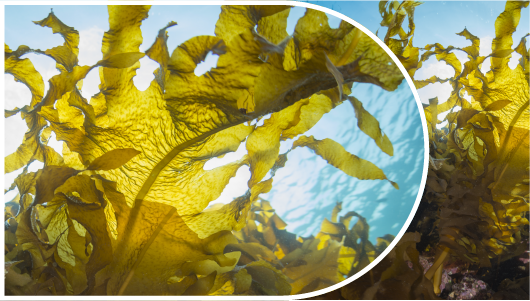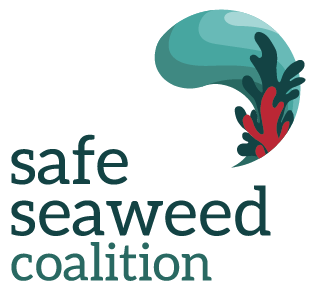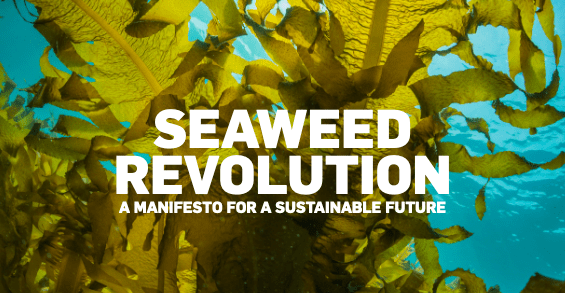
Powering the Seaweed Revolution
In Partnership with




Senior industry leaders have announced the launch of the first global seaweed coalition
With the arrival of COP26 and active UN support, there is now a sense of urgency around environmental concerns that must be harnessed and turned into action if the ambitions of the SDGs (Sustainable Development Goals) are to be met. Oceanic environments, damaged by pollution, climate change and over-exploitation of resources, can be restored through the safe cultivation of seaweed. But the success of this restorative project will depend on multiple factors: the international public must consume more edible seaweed products, material benefits must be communicated more clearly and with wider advocacy, supply chains and safe cultivation practices have to be established, monitored and maintained.
The Financial Times, in partnership with Lloyd’s Register Foundation, was delighted to present this public dialogue to coincide with the launch of the Safe Seaweed Coalition. This digital event discussed the convergence of investment and interest around seaweed and what needs to be done to establish critical infrastructure, regulations and technologies to power the safe restoration of oceanic environments.
The world is gearing up for a seaweed revolution
Seaweed farming has doubled in Asia over the last 10 years. Now governments and investors in many countries and industries are exploring innovative applications for it.
Seaweed can make the world a better place
Hunger, pollution, biodiversity loss, poverty and climate change can all be tackled by investing in more sustainable resources. Seaweed is both sustainable and flexible with the potential to help address all those challenges and more.
The market for seaweed is young
Many of those that currently cultivating seaweed have other jobs and see it as a way to diversify their income. But the market is set to grow rapidly if the right conditions can be created by those with the power to make things happen.
It’s time to change public perceptions of seaweed
Growing the market seaweed requires huge behavioural changes. Narrow perceptions of what seaweed is good for are still dominant among the public – especially non-Asian consumers. It will be a generational challenge to actually drive more seaweed consumption and expand its use into other areas.
Seaweed supports sustainability
If the world eats more seaweed, it should lead to a reduction in carbon emissions from traditional agriculture. Beyond that, seaweed has applications in areas such as carbon sequestration, which could play a major role in addressing climate change.
Safe seaweed cultivation can be complex
It is important to prevent the accumulation of pollutants by seaweeds by developing an efficient cultivation process. There are also challenges in areas like genetic diversity and potential conflicts of interest around competition for space.
World-class Speakers: Part of the Coalition Steering Committee
Why Attend?

Understand
How this coalition will scale up this industry in a sustainable way through building seaweed safety standards for products, environment and livelihoods

Connect
Join the first seaweed global group of industry experts with international organization, seaweed producers, processors policy makers, regulators and academics

Discover
How collaboration will catalyze a real seaweed revolution to address some of our most pressing global challenges
Join us
FT Live Digital Dialogues - fully digital one hour event experiences delivering maximum engagement. Live webinars provide unique opportunities to engage global senior audiences. All access, digital passes include access to all the live sessions PLUS all sessions on demand for 30 days. Join the conversation.

The members of the Safe Seaweed Coalition endorse the Seaweed Manifesto that was released in 2020. We collectively strive for an upscaled, responsible and restorative seaweed industry, able to play a significant role in achieving the United Nations’ Sustainable Development Goals by contributing to public health, food security, poverty alleviation, ecosystem renewal and climate change mitigation.

By signing up, you agree to that we list your organization as a Seaweed Manifesto supporter in this webpage. This is not a commitment in any way but signalizing that you believe in the potential of the seaweed industry, and that you share our vision for an upscaled, responsible and restorative seaweed industry, playing a more significant role in achieving the Global Goals.
Follow us: #SeaweedRevolution #SafeSeaweedCoalition
© Financial Times Live
FT Live and its journalism are subject to a self-regulation regime under the FT Editorial Code of Practice